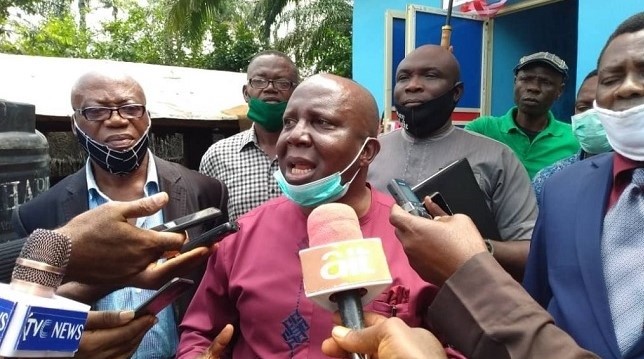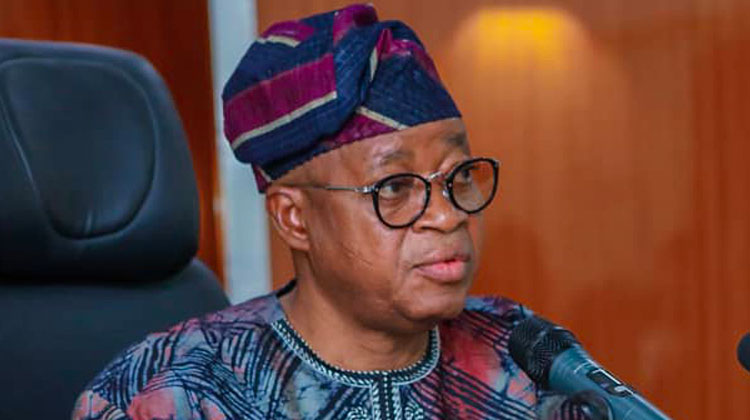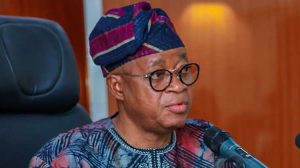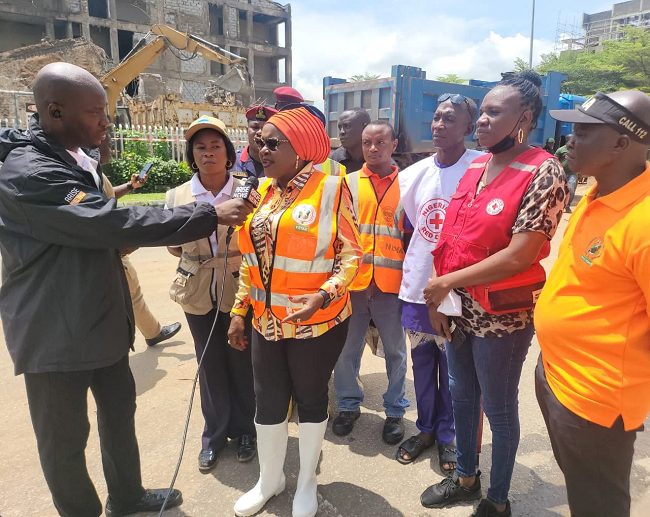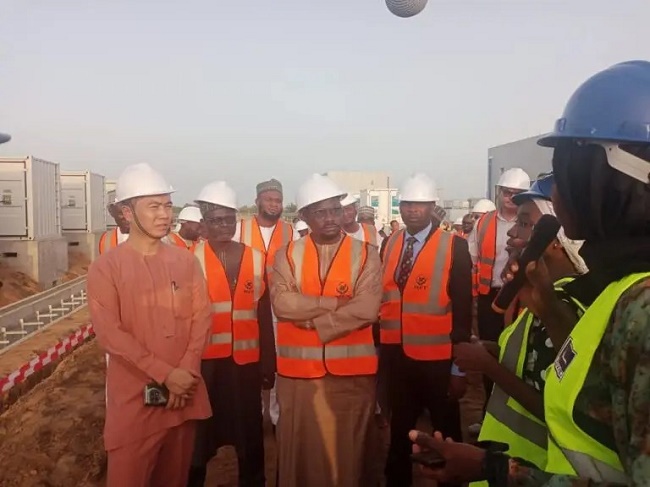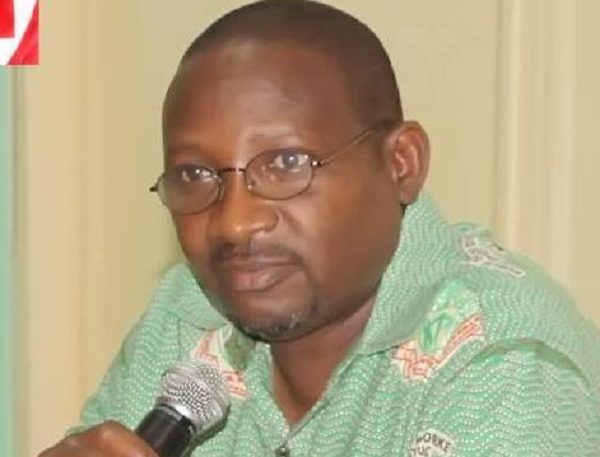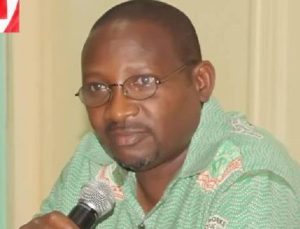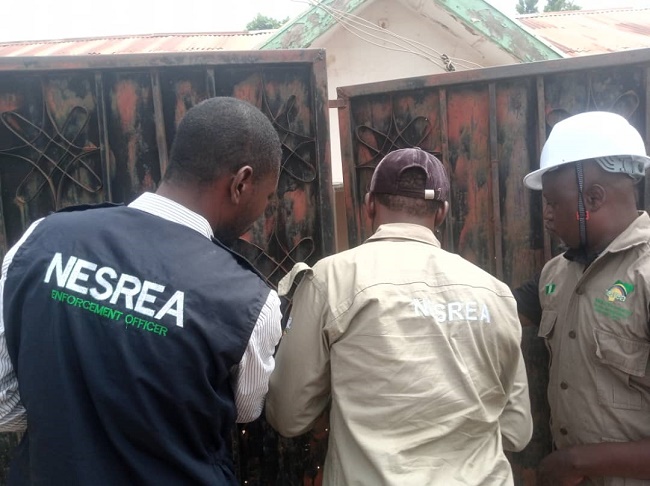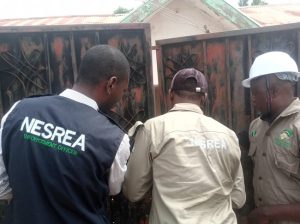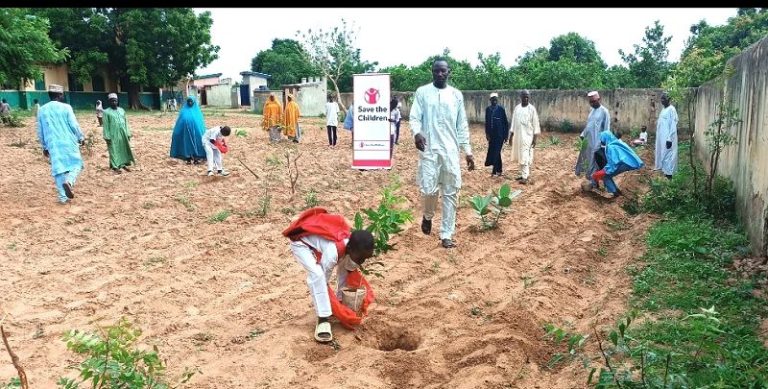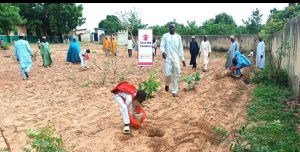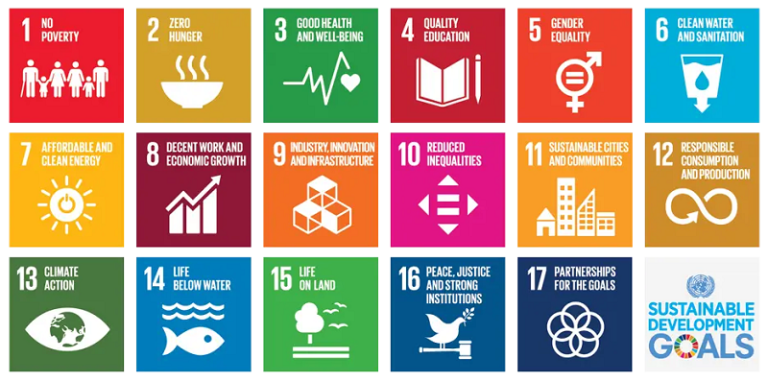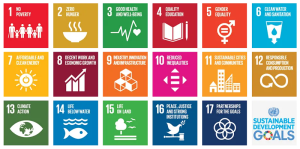The Organised Private Sector in Water, Sanitation and Hygiene (OPS-WASH) has reaffirmed its commitment to lead change in Nigeria’s water, sanitation, and hygiene sector.
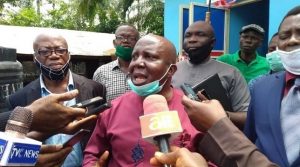
The pledge was made in a statement by its National Coordinator, Dr Nicholas Igwe, on Saturday, July 6, 2024, in Abuja.
Vice President Kashim Shettima re-inaugurated the Clean Nigeria: Use the Toilet Campaign Steering Committee to strategise for a transformative initiative to eradicate open defecation in Nigeria by 2025.
The campaign aims to engage all stakeholders in tackling open defecation, with Nigeria currently ranking as the second-largest country in the world for this practice, next to India.
Igwe expressed the team’s enthusiasm to continue their leadership role, noting the need for efficient and accelerated changes, especially in light of recent cholera outbreaks in the country.
He stated that the re-inauguration marked a critical and opportune moment for the sector.
Igwe said that OPS-WASH, representing the private sector, was built on three core pillars: Corporate Social Responsibility and Philanthropy, Financial Innovations, and Data and Technology.
These pillars, he said, were essential for expanding private sector participation in WASH initiatives.
“The organisation is confident that the Vice President will build on the foundation laid by his predecessor, Prof. Yemi Osinbajo, who was instrumental in promoting the FMDQ group and OPS-WASH led Tax Credits Scheme and Blue Bonds Framework.
“This renewed commitment also aims to strengthen partnerships with key players such as the Senior Special Assistants to the Presidency (SSAPs) on Community Engagement across the six geo-political zones.
“Also is the Association of Professional Women Engineers (APWEN), these collaborations are crucial for driving healthy communities, which are essential for economic growth.”
Igwe said OPS-WASH would work closely with other stakeholders on the committee, including the Chairman of the Nigerian Governors’ Forum, the Chairmen of the Senate and House Committees on Water Resources.
Others are the Head of Civil Service of the Federation, and several federal ministers and agency heads, geared towards achieving significant advancements in Nigeria’s WASH sector.
By Tosin Kolade

